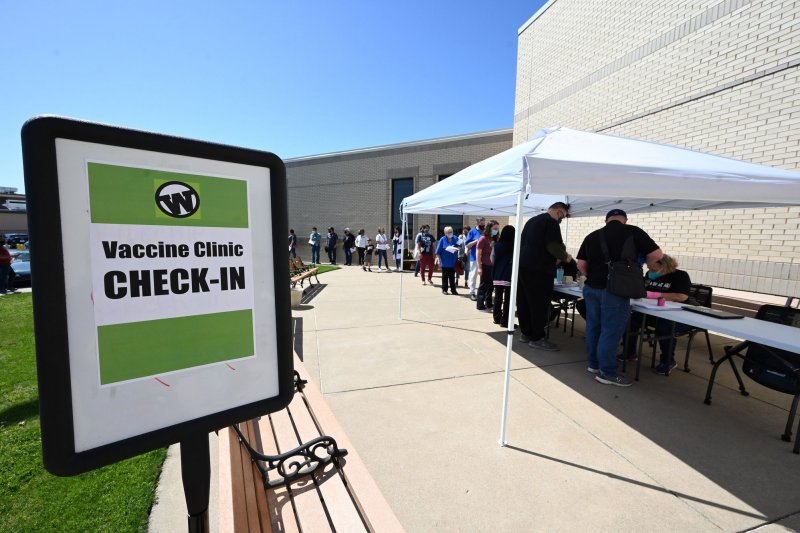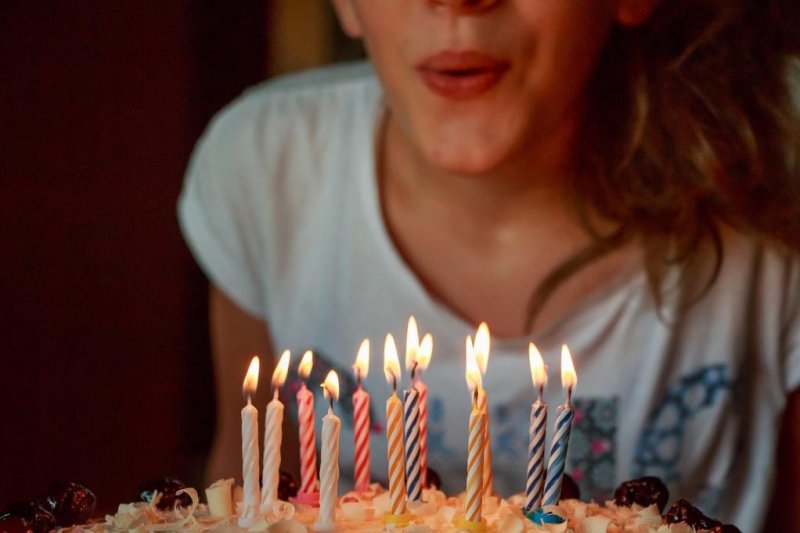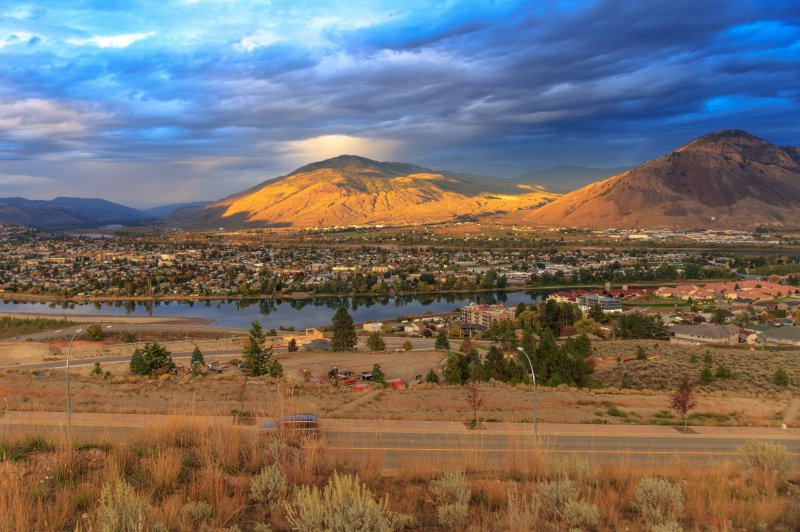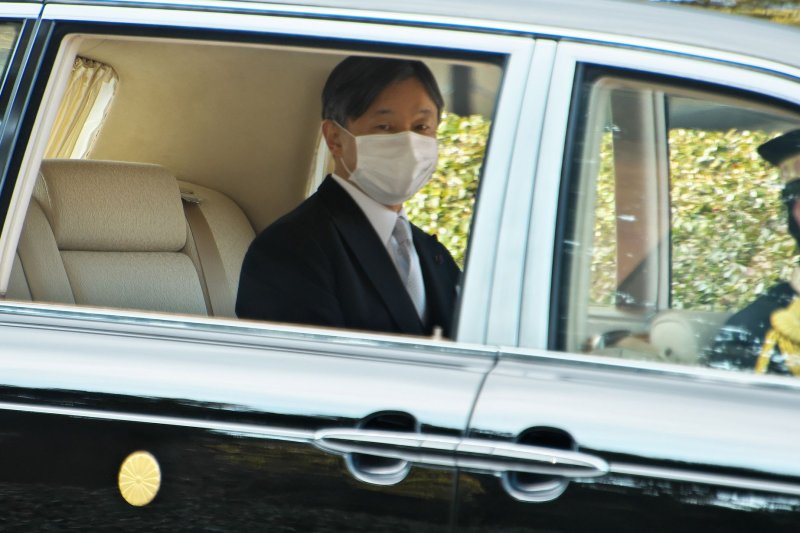DEVELOPING
‘We will not stop until we find all of our children’: Discovery of 751 unmarked graves only the beginning, say Saskatchewan Indigenous leaders
‘We will not stop until we find all of our children’: Discovery of 751 unmarked graves only the beginning, say Saskatchewan Indigenous leaders
By Brendan Kennedy Social Justice Reporter
Alex Boyd Calgary Bureau
TORONTO STAR
Thu., June 24, 2021
/https://www.thestar.com/content/dam/thestar/news/canada/2021/06/24/first-nation-finds-751-unmarked-graves-on-site-of-former-saskatchewan-residential-school/_1_cowessess_first_nation_2_web_1536x864.jpg)
/https://www.thestar.com/content/dam/thestar/news/canada/2021/06/24/first-nation-finds-751-unmarked-graves-on-site-of-former-saskatchewan-residential-school/marieval.jpg)
/https://www.thestar.com/content/dam/thestar/news/canada/2021/06/24/first-nation-finds-751-unmarked-graves-on-site-of-former-saskatchewan-residential-school/_2_na_sask_discovery24_7_.jpg)
Warning: This story contains details of residential schools and the abuse that took place there.
With reporters from around the world turning their attention to his small community on Thursday, Cowessess First Nation Chief Cadmus Delorme stared calmly into his computer screen and delivered a message for all to hear.
Echoing the words of residential school survivors across the country, he told a virtual news conference, “We always knew that there were graves here.”
This was Cowessess First Nation’s moment to tell its story.
But Delorme knew it was also only one point at the beginning of what will be a very long road, as his community of 4,300 in southeastern Saskatchewan and so many others across Canada reckon with this country’s brutal legacy of residential schools.
“There’s going to be many more stories in the future,” the chief acknowledged.
/https://www.thestar.com/content/dam/thestar/uploads/2021/06/24/jfj30120868-0.jpg)
For the second time in a month, ground-penetrating radar has confirmed what government and church authorities have been accused of trying to suppress for most of Canada’s history.
VIDEO Cowessess First Nation Chief Cadmus Delorme tells CBC News his community would be treating the site "like a crime scene" because of what happened at, and adjacent to, the former Marieval Indian Residential School in Saskatchewan.
As many as 751 unmarked graves have been detected at the former site of Marieval Indian Residential School, which operated from 1898 until 1997, and was run by the Catholic Church for most of its history.
It’s not yet clear whether all of the graves contain children’s remains, Delorme said.
The community started its investigation less than a week after Tk’emlúps te Secwépemc First Nation near Kamloops, B.C., announced the discovery of the remains of 215 children on the site of a former residential school.
If Delorme was measured in his tone, Bobby Cameron, the chief of the Federation of Sovereign Indigenous Nations, was more direct.
“We are seeing the results of the genocide Canada committed,” said Cameron, the head of a federation that represents Saskatchewan’s 74 First Nations.
“We will find more bodies and we will not stop until we find all of our children,” he said. “We will do a search of every Indian residential school site and we won’t stop there. We will also search all of the sanatoriums, Indian hospitals, and all of the sites where our people were taken and abused, tortured, neglected and murdered. We will tell the stories of our children, of our people who died, who were killed by the state and the churches and we won’t stop until we locate all of them.”
/https://www.thestar.com/content/dam/thestar/news/canada/2021/06/24/first-nation-finds-751-unmarked-graves-on-site-of-former-saskatchewan-residential-school/na_sask_discovery24_4_.jpg)
The world is watching, Cameron added.
“Canada will be known as a nation who tried to exterminate their First Nations. Now we have evidence. Evidence of what the survivors of Indian Residential Schools have been saying all along, for decades — that they were treated without humanity, that they were tortured and abused, that they saw their classmates die.”
The grave site in what is now Cowessess First Nation was overseen by the Catholic Church from 1886 — 12 years before Marieval opened — until the 1970s, Delorme said. There had been grave markings at some point, but the church removed them in the 1960s, he said.
“Removing headstones is a crime in this country, and we are treating this like a crime scene at the moment,” he added.
A spokesperson for the Archdiocese of Regina said the Cowessess First Nation has told them that in the midst of a dispute in the 1960s between a priest not associated with the Archdiocese and the Cowessess chief at the time, “the priest bulldozed several grave markers.”
In 2019, the Archdiocese gave $70,000 to Cowessess First Nation to improve the site and help identify unmarked graves. The spokesperson said that archival death records covering a period from 1885 to 1952 were also previously given to Cowessess.
In his remarks on Thursday, Delorme said he was “optimistic” the church will work with his community, but that he is still waiting for them to hand over records related to Marieval.
“We have full faith that the Roman Catholic Church will release our records,” he said. “They have not told us, ‘No.’ We just don’t have them yet.”
Delorme also called on Pope Francis to apologize to survivors of Marieval and their descendants. “An apology is one stage of many in the healing journey,” he said.
Prime Minister Justin Trudeau has previously called on Pope Francis to apologize for the Catholic Church’s role in running residential schools, as the United and Anglican churches have already done. Francis has not heeded those calls.
As far as Betty Nippi-Albright is concerned, the time for platitudes is over.
Speaking toward the end of an emotional day, the Saskatchewan New Democrat MLA, who herself attended a residential school for nine years, declared the time for expressions of sympathy to be at an end.
In 2019, the Archdiocese gave $70,000 to Cowessess First Nation to improve the site and help identify unmarked graves. The spokesperson said that archival death records covering a period from 1885 to 1952 were also previously given to Cowessess.
In his remarks on Thursday, Delorme said he was “optimistic” the church will work with his community, but that he is still waiting for them to hand over records related to Marieval.
“We have full faith that the Roman Catholic Church will release our records,” he said. “They have not told us, ‘No.’ We just don’t have them yet.”
Delorme also called on Pope Francis to apologize to survivors of Marieval and their descendants. “An apology is one stage of many in the healing journey,” he said.
Prime Minister Justin Trudeau has previously called on Pope Francis to apologize for the Catholic Church’s role in running residential schools, as the United and Anglican churches have already done. Francis has not heeded those calls.
As far as Betty Nippi-Albright is concerned, the time for platitudes is over.
Speaking toward the end of an emotional day, the Saskatchewan New Democrat MLA, who herself attended a residential school for nine years, declared the time for expressions of sympathy to be at an end.
“We don’t need moral support. What we need is dollars to help us cope, help us heal from the trauma that we’re still experiencing today.”
She called the recent funding to search for graves a good start, but said more is needed to ensure that Indigenous people are able to access equitable medical and mental health services.
The push for an end to systemic racism will be harder, she said.
“For mainstream folks, what they can do is, whether it’s signing petitions or writing to their elected officials, demand that they actually provide some real support rather than just ‘we’re really sorry.’”
/https://www.thestar.com/content/dam/thestar/news/canada/2021/06/24/first-nation-finds-751-unmarked-graves-on-site-of-former-saskatchewan-residential-school/na_sask_discovery24_2_.jpg)
Regina Archbishop Don Bolen was not available for an interview Thursday, but in an open letter to Delorme posted to the Archdiocese’s website, Bolen reiterated a previous apology “for the failures and sins of Church leaders and staff in the past towards the people of Cowessess.”
“I know that apologies seem a very small step as the weight of past suffering comes into greater light,” he writes, “but I extend that apology again, and pledge to do what we can to turn that apology into meaningful concrete acts, including assisting in accessing information that will help to provide names and information about those buried in unmarked graves and to stand by you in whatever way you request.”
Delorme stressed the Marieval site did not contain a mass grave, but unmarked graves roughly one metre by one metre. He said they used the same ground-penetrating radar technology used in Kamloops, partnering with experts from Saskatchewan Polytechnic, which estimated a margin of error of between 10 and 15 per cent.
Delorme said this first phase of the investigation involved a search of 44,000 square metres. They will continue to search other parts of the site, he said, adding their goal is to identify each of the remains and mark all of the graves.
“This is going to be years in the making.”
/https://www.thestar.com/content/dam/thestar/news/canada/2021/06/24/first-nation-finds-751-unmarked-graves-on-site-of-former-saskatchewan-residential-school/na_sask_discovery24_5_.jpg)
Last month’s discovery in Kamloops has led to a renewed reckoning over Canada’s residential schools history and fresh calls to search the grounds of all former sites across the country, and even in the United States.
A statement from the Tk’emlúps te Secwépemc First Nation Thursday offered their support for their fellow First Nation.
In his remarks on Thursday, Delorme said he was “optimistic” the church will work with his community, but that he is still waiting for them to hand over records related to Marieval.
“We have full faith that the Roman Catholic Church will release our records,” he said. “They have not told us, ‘No.’ We just don’t have them yet.”
Delorme also called on Pope Francis to apologize to survivors of Marieval and their descendants. “An apology is one stage of many in the healing journey,” he said.
Prime Minister Justin Trudeau has previously called on Pope Francis to apologize for the Catholic Church’s role in running residential schools, as the United and Anglican churches have already done. Francis has not heeded those calls.
As far as Betty Nippi-Albright is concerned, the time for platitudes is over.
Speaking toward the end of an emotional day, the Saskatchewan New Democrat MLA, who herself attended a residential school for nine years, declared the time for expressions of sympathy to be at an end.
“We don’t need moral support. What we need is dollars to help us cope, help us heal from the trauma that we’re still experiencing today.”
She called the recent funding to search for graves a good start, but said more is needed to ensure that Indigenous people are able to access equitable medical and mental health services.
The push for an end to systemic racism will be harder, she said.
“For mainstream folks, what they can do is, whether it’s signing petitions or writing to their elected officials, demand that they actually provide some real support rather than just ‘we’re really sorry.’”
/https://www.thestar.com/content/dam/thestar/news/canada/2021/06/24/first-nation-finds-751-unmarked-graves-on-site-of-former-saskatchewan-residential-school/na_sask_discovery24_2_.jpg)
Regina Archbishop Don Bolen was not available for an interview Thursday, but in an open letter to Delorme posted to the Archdiocese’s website, Bolen reiterated a previous apology “for the failures and sins of Church leaders and staff in the past towards the people of Cowessess.”
“I know that apologies seem a very small step as the weight of past suffering comes into greater light,” he writes, “but I extend that apology again, and pledge to do what we can to turn that apology into meaningful concrete acts, including assisting in accessing information that will help to provide names and information about those buried in unmarked graves and to stand by you in whatever way you request.”
Delorme stressed the Marieval site did not contain a mass grave, but unmarked graves roughly one metre by one metre. He said they used the same ground-penetrating radar technology used in Kamloops, partnering with experts from Saskatchewan Polytechnic, which estimated a margin of error of between 10 and 15 per cent.
Delorme said this first phase of the investigation involved a search of 44,000 square metres. They will continue to search other parts of the site, he said, adding their goal is to identify each of the remains and mark all of the graves.
“This is going to be years in the making.”
/https://www.thestar.com/content/dam/thestar/news/canada/2021/06/24/first-nation-finds-751-unmarked-graves-on-site-of-former-saskatchewan-residential-school/na_sask_discovery24_5_.jpg)
Last month’s discovery in Kamloops has led to a renewed reckoning over Canada’s residential schools history and fresh calls to search the grounds of all former sites across the country, and even in the United States.
A statement from the Tk’emlúps te Secwépemc First Nation Thursday offered their support for their fellow First Nation.









